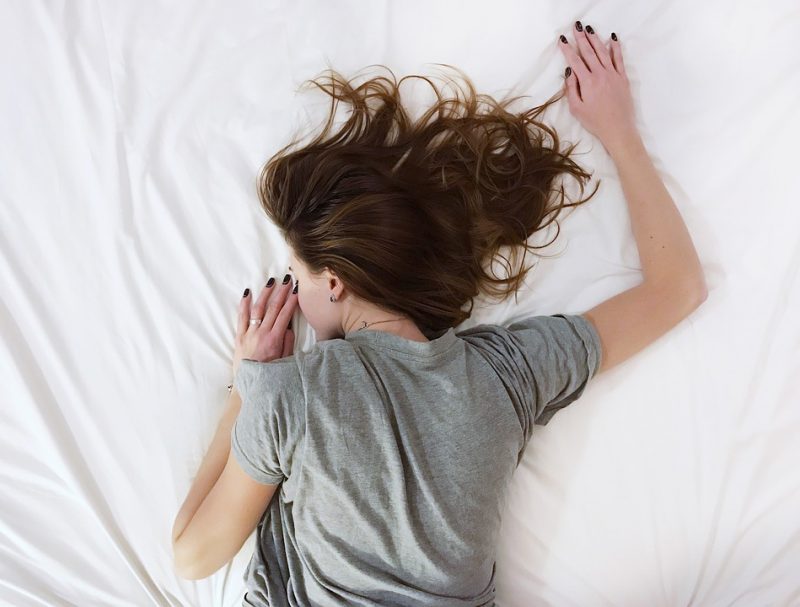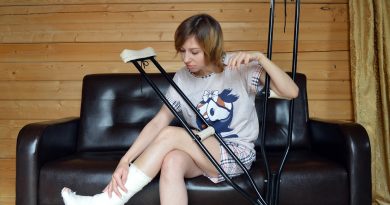Reasons You Aren’t Sleeping Well and What to Do About It
Does it take hours for you to nod off to sleep? Is your sleep broken up by trips to the bathroom? Do you never feel quite well-rested?
The reasons for not being able to sleep are many and vary from person to person. While some may feel that the struggle to sleep is a given, not getting enough shut-eye hours has a detrimental impact on a person’s health.
Studies show that your motor functions, cognitive abilities, and mood are all hampered when you do not get enough sleep at night. Lack of sleep can also impair your memory and can weaken your immune system.
So it pays to take a closer look at reasons that could be impeding a good night of rest. Read on for some common culprits.
A weak bladder.
Having to use the bathroom throughout the night can disrupt your sleep cycles and prevent you from going into Stage 3 of non-REM sleep.
Stage 3 of N-REM sleep is the deepest stage of sleep. During this time, your body rebuilds, repairs, and regrows itself. The less time you spend in Stage 3 N-REM, the less time you are giving your body to heal. Needing to get up repeatedly to use the bathroom cuts down on your Stage 3 N-REM time.
What is the solution? Try to limit what you drink after a certain time in the evening so that your bladder is empty when you turn in for the night.
If you have prostate problems that cause you to need to urinate frequently, consider using a supplement like prostagenix. Such supplements have been shown to reduce prostate symptoms by as much as 50 percent. And can help make your night less interrupted by trips to the bathroom. If the problems don’t slow down, it may be wise to visit urocarelondon.com.
Too much caffeine.
Are you attached to your afternoon or after-dinner coffee or tea? It could be what is preventing you from drifting off at night.
It takes from 4 to 6 hours for caffeine to leave your system. So if you drink a coffee at 6 PM after dinner, and then try to sleep at 10, the caffeine could be blocking your body’s ability to calm down and go into sleep mode.
To be extra safe, refrain from drinking any caffeinated drinks after lunch. And keep in mind that even decaffeinated beverages often retain a small amount of caffeine.
Taking your phone to bed with you.
You decide to have an early night, and yet you bring your phone to bed with you to help pass the time between wakefulness and sleep. This is a classic recipe for sleep-sabotage.
Your phone’s blue light could be suppressing the release of melatonin. Your body needs melatonin to help regulate the times when you feel sleepy and the times when you feel awake.
Experts suggest curbing all screen viewing from up to 2 hours before bed. So instead of bringing your phone to bed, try a paperback. And use a dim light for bedtime reading, versus harsh or bright lighting.
Eating too large and too late.
Large meals eaten too close to bedtime can tie your digestive system up in knots, which can prevent you from calmly falling to sleep. This is particularly the case if you are prone to acid reflux. Or if you suffer from digestive problems.
Smaller meals throughout your day are kinder to your digestive system, as well as being a great way to control hunger and appetite.
Eat your last meal at least 3 hours before you hit the hay. Eat foods that are easy on the digestive system for your last meal. Consider foods that actively fight acid reflux, such as yogurt, bananas, or ginger. And if you eat something that is not sitting well, take an antacid.
Feeling stressed or blue.
Being stressed out or depressed can keep your mind spinning on into the wee hours of the morning. Studies show a strong connection between depression and insomnia. Either can exacerbate the other. Not getting enough sleep can hamper your mood and cause you to feel depressed. And depression can hinder you from falling asleep at night.
For depression and stress-related sleep problems, focus on larger scale lifestyle changes. Learn some meditation and relaxation exercises. Book a weekly massage. Cut back on work. See if your diet or exercise habits could be contributing to your depression or stress levels. Often it takes a multipronged approach to tackle depression and get to better sleep habits.





Caffeine, phone and stressed life have really taken my happiness. Now I understand that sleeping properly is so important and apart from using the CPAP mask for side sleepers I have to make some changes so I can sleep properly at night. Then I will follow the natural things also so I can sleep comfortably without the use of a machinek. For now, I will use the machine temporarily.